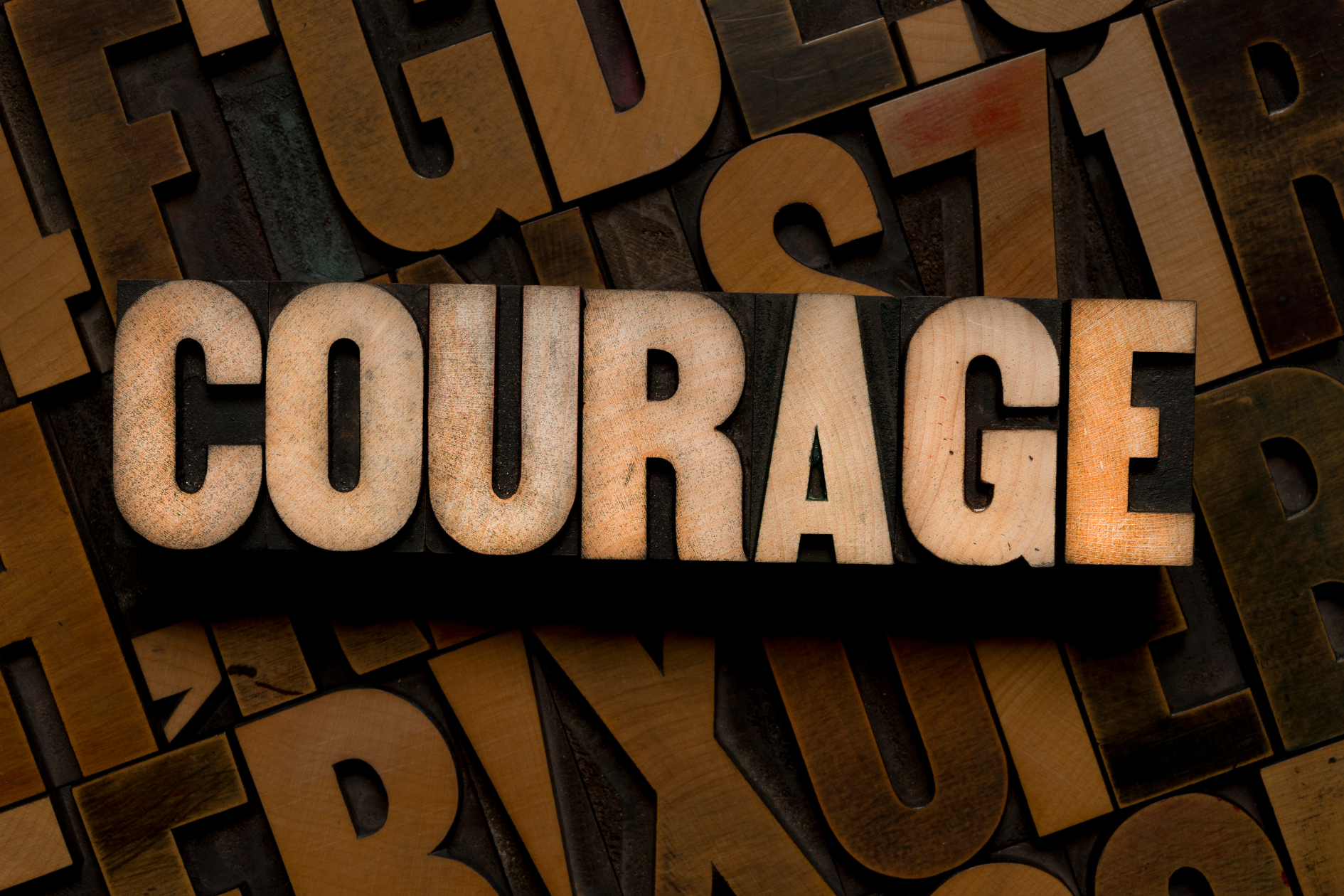“Bravery is being unafraid of something other people are afraid of. Courage is being afraid, but strong enough to do it anyway.” ― Taylor Jenkins Reid, Atmosphere
It's no secret that the world can be scary. Whether our fears stem from issues on the global and national scale or from the seemingly little troubles in our days, we all know what it feels like to be afraid. So how can we have courage in a world that is frightening? As Taylor Jenkins Reid explores in her novel Atmosphere, courage does not have to mean the absence of fear. In fact, being courageous can be directly tied to our fear.
To be courageous, we have to first recognize a situation as calling the need for courage and that means acknowledging our fears. We can accept our fears of embarrassment and imperfection while also understanding that mistakes are opportunities for growth. It's okay to feel scared to say "no" to an invitation that does not fit our values or needs while simultaneously recognizing the importance of setting healthy boundaries. Courage is not the absence of our fears, but being able to live with them.
3 TOOLS TO DEVELOP COURAGE:
Notice and Accept Your Thoughts and Emotions - It is natural to feel scared, stressed, and overwhelmed at times. Life is hard and unexpected situations and events occur! There is no shame in experiencing emotions. What matters is what we do with them.
Embrace Your Fears and Share with Others - Recognize which of your fears are legitimate and which are unfounded. Remember, you are NOT alone. Find your community of support. Join our group coaching here!
Own Your Power and Choose Courage - Courage is something we can learn. Take stock of your strengths and room for growth and courageously take action. You got this!
Check out our October Newsletter focused on Courage here.
Read More




















